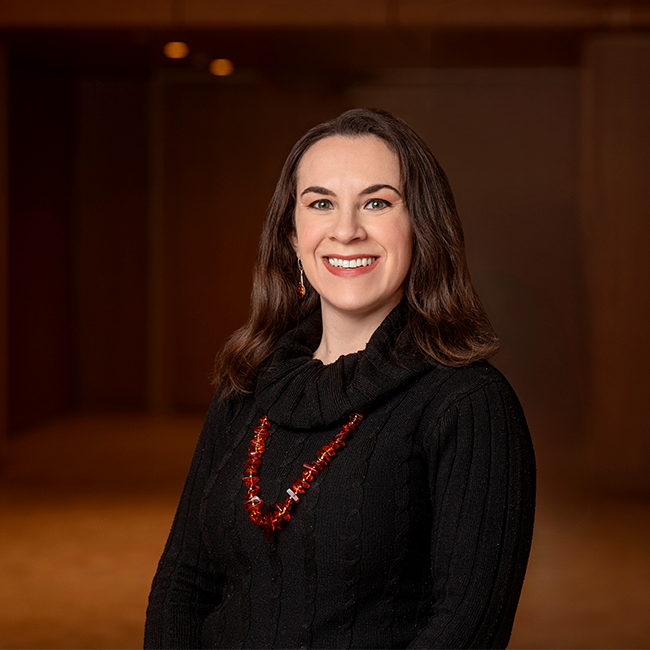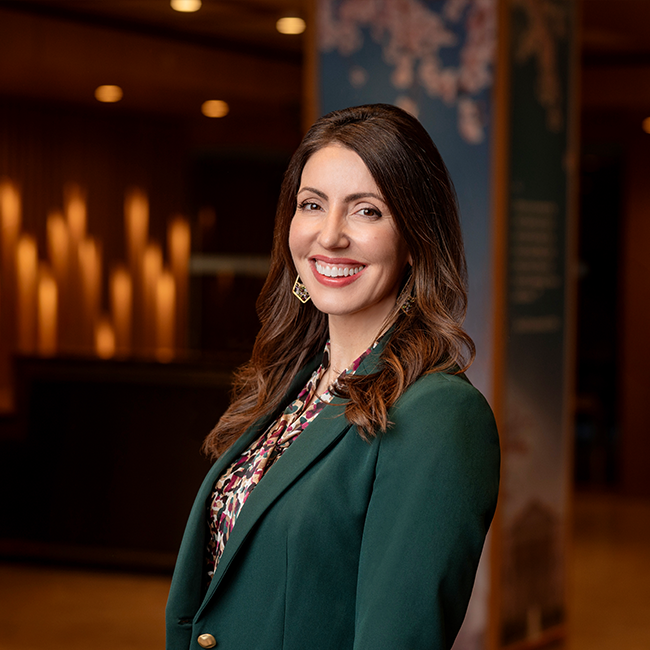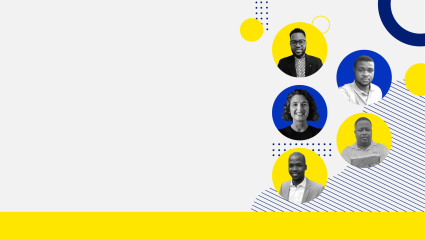
LOS ANGELES AND JOHANNESBURG (June 6, 2023) — The Milken Institute and the Motsepe Foundation today announced the 20 teams receiving Design Round prizes for the Milken–Motsepe Prize in Green Energy and advancing to the Semifinalist Round. At this stage, each semifinalist team will receive $20,000 to further develop and test their designs anywhere in the world. The semifinalist teams will also have complimentary access to a Stanford Online course to help build their businesses.
The competition will ultimately award US$2 million in total prizes and additional benefits for entrepreneurs who expand access to reliable, affordable, and sustainable electricity in Africa.
More than 3,800 people from over 120 countries have registered their interest in the competition, which launched in November 2022. Over 160 of these registrants, representing 36 countries across six continents, submitted technological design and business model proposals. From these proposals, the judges selected the 20 most transformative ideas.
“Access to electricity is vital to transforming societies—from health care to education to economic growth. We are excited to see these semifinalists bringing new ideas to the forefront to light the way to a sustainable future,” said Dr. Precious Moloi-Motsepe, co-founder and CEO of the Motsepe Foundation. “As recently proven by the winners of the Milken–Motsepe Prize in AgriTech, innovators have the power to create transformative solutions to challenges once thought to be impossible. We have no doubt these semifinalists will do the same.”
An independent panel of expert judges determined the 20 teams receiving funding. The teams have four months to demonstrate the effectiveness of their ideas in field tests, which will be evaluated for their ability to:
-
generate off-grid electricity using green energy sources;
-
provide affordable and reliable electricity to energy-poor communities, including in rural areas, using innovative technologies; and
-
develop a technological and business approach that is scalable across Africa.
These teams represent 12 countries across three continents. Their innovations include potential breakthroughs in wind, solar, hydro, and geothermal electricity generation, as well as energy storage and distribution. After the Semifinalist Round, five finalist teams will be selected to conduct another round of field tests in Africa.
“The innovation competition encourages entrepreneurs to be creative and expansive,” said Dr. Emily Musil Church, senior director at the Milken Institute’s Center for Strategic Philanthropy. “By allowing field tests anywhere in the world in the first round, the competition allows flexibility for teams to take strategic risks. This is the heart of the innovation competition model: to reward innovators who take bold action.”
In May 2024, the judges will award a $1 million Grand Prize. A Runner-Up Prize of $250,000 will also be awarded.
View the names of the semifinalist teams.
Media Contact
Chad Clinton
[email protected]
+1 202 262 1067
About the Milken Institute
The Milken Institute is a nonprofit, nonpartisan think tank focused on accelerating measurable progress on the path to a meaningful life. With a focus on financial, physical, mental, and environmental health, we bring together the best ideas and innovative resourcing to develop blueprints for tackling some of our most critical global issues through the lens of what’s pressing now and what’s coming next.
For more information, visit: www.milkeninstitute.org.
About the Motsepe Foundation
The Motsepe Foundation was founded in 1999 by Dr. Patrice Motsepe and his wife, Dr. Precious Moloi-Motsepe. The goal of the Motsepe Foundation is to contribute towards eradicating poverty and to sustainably improve the living conditions and standards of living of poor, unemployed and marginalised people in South Africa, Africa and the world. In January 2013, Dr. Patrice Motsepe and Dr. Precious Moloi-Motsepe joined the Giving Pledge, which was started by Warren Buffet and Bill and Melinda Gates. The Motsepes committed to give half of their wealth to the poor and for philanthropic purposes during their lifetime and beyond.







